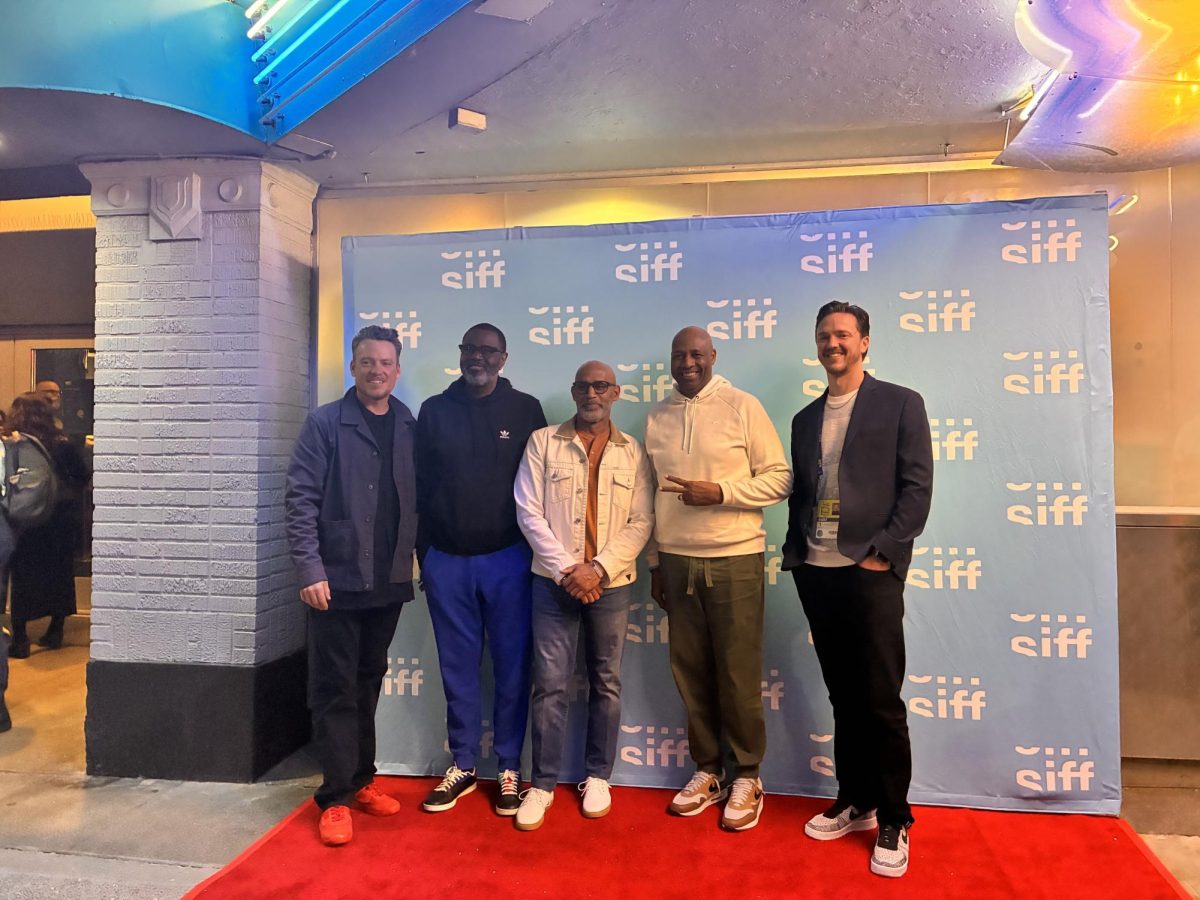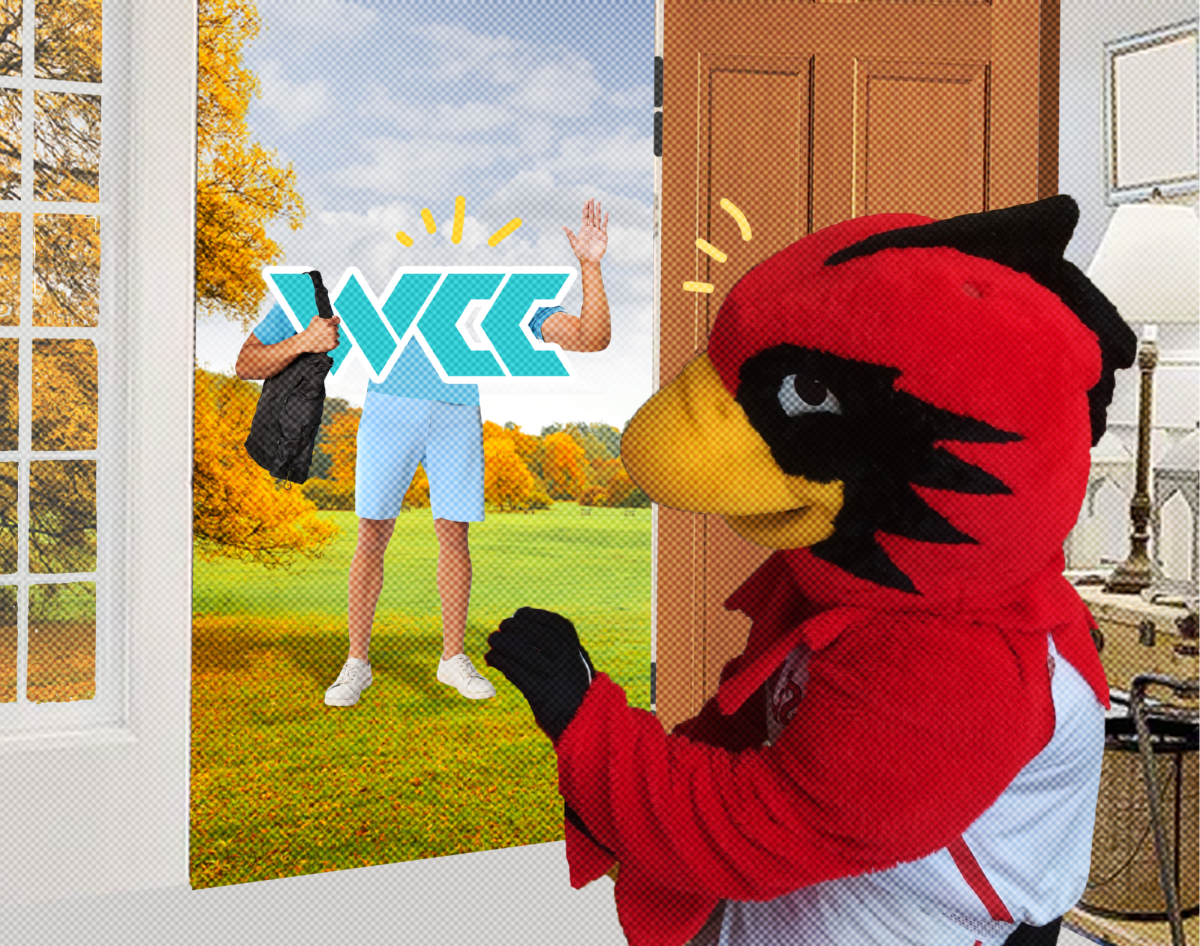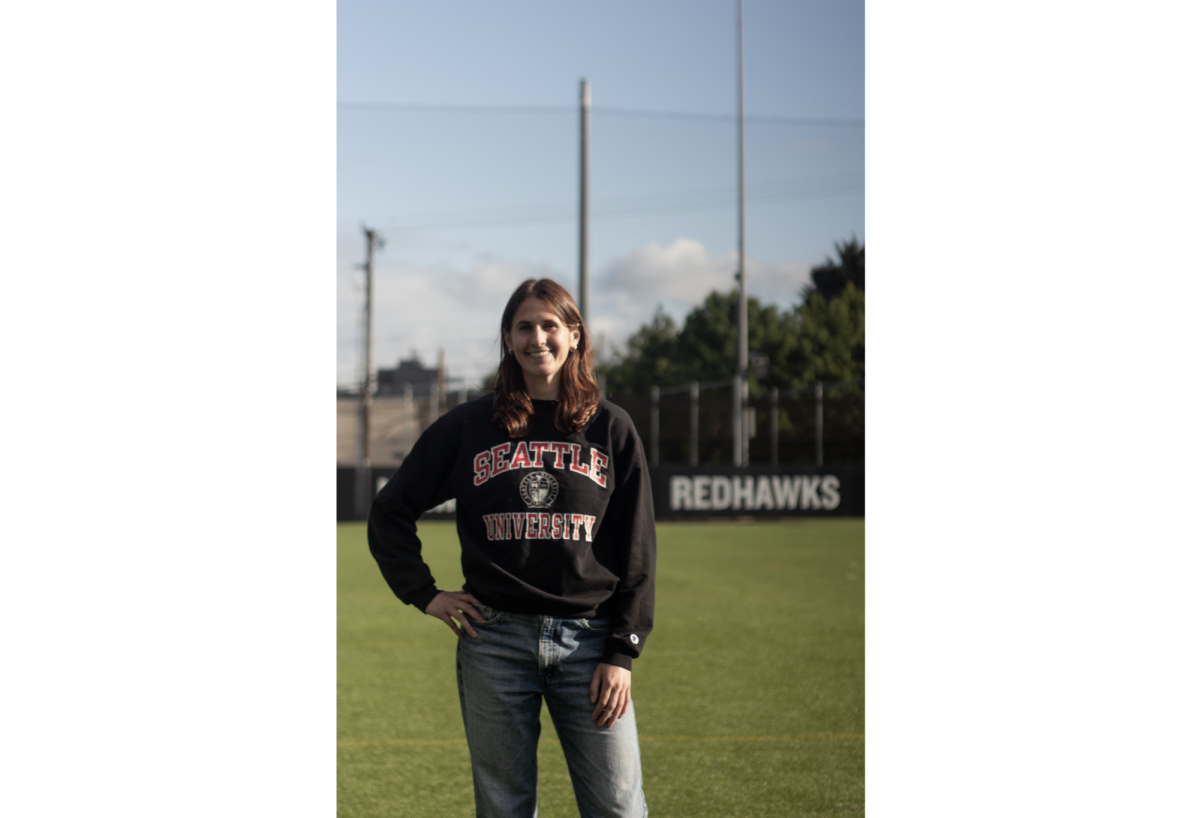
The 1990s were a transitional period for the city of Seattle. Microsoft was becoming one of the biggest tech companies in the world as the internet began taking over. The indie band Nirvana achieved mainstream status. Ken Griffey Jr., Edgar Martinez and Randy Johnson saved the Seattle Mariners from being sold for the second time in their 20 years of existence. The Seattle Supersonics made the 1996 NBA finals behind Shawn Kemp and Gary Payton, after years of contention in the Western Conference. Seattle was forming its identity as a major sports city.
And just a few blocks from Seattle University’s campus, there was a hidden basketball factory in the making.
“Style: A Seattle Basketball Story” tells the humble beginnings of the Seattle Rotary Style select basketball program. Style was an Amateur Athletic Union (AAU) program started in the 1990s that has produced several NBA players and continues to be a central hub for basketball culture in Seattle. The film premiered at the Seattle International Film Festival (SIFF) in May 2025.
The film includes exclusive interviews with Paolo Banchero, Jamal Crawford and Sir-Mix-A-Lot, providing insight into the untold story of one of the premier youth basketball programs in the country. Bryan Tucker was the director, cinematographer and editor of the film.
“Our producer Jackson Clough came up through the Rotary program and maintained a relationship with Daryll Hennings and Dan Finkley. This was his dream project. He’s like, nobody outside of Seattle knows about these guys, and these guys have had such an impact on Seattle basketball, NBA talent that’s come out of the city, and so many countless kids’ lives that have come through the program,” Tucker said.
The absence of the Seattle Supersonics inspired Tucker and his producer, Gavin P. Sullivan, to create this story.

“Everyone pointed us in this direction. What was hard was getting Daryll and Dan to actually tell the story,” Sullivan said at the SIFF film screening.
The story of Style is told through the lens of Style founder Dan Finkley and current program director Daryll Hennings.
“As a filmmaker, I’m always wary of people that want to be on camera and want to be in the spotlight. I’m not attracted to that person. I want to follow the person who’s so obsessed with what they’re doing and they’re focused on being the best at it that they don’t care about the accolades. Those are the best characters to follow in documentaries. [Hennings and Finkley] fit that mold,” Tucker said.
Dan Finkley founded the program in 1991 before merging with the Rotary Boys and Girls Club in 1996. The program started off the foundational idea of giving talented African American youth in the city a place to hoop and be seen.
Tucker’s basketball fandom and ability to wear multiple hats during the production of the film was an immersive experience for the director. He was able to see the daily grind of the Rotary program in different ways.
“When I put a mic on these guys and listen to them coach the entire game. It’s just fun and not all of it makes the cut of the film, but for me, I’m having a good time because these are great basketball minds. I care about young people learning basketball the right way, learning how to play as a team. It’s fun to hear Daryll and Dan coaching that way,” Tucker said.
While Finkley continues having a presence throughout the program, Hennings has taken over the day-to-day operations.

19th and Spruce, where the Boys and Girls Club is located, used to be an area where local minority kids would come and experience a sense of community that wasn’t available elsewhere. Nowadays, gentrification across multiple neighborhoods in the city, but specifically in the Central District, has taken away the local community feeling of the program. This was a topic Tucker was not able to fit into the film, but he still mentioned its importance to future stories on the program.
Bryan Tucker’s own background in film started in 2014, when he produced a film called Closure, which captured his wife’s journey to reconnect with her birth parents. Tucker was working a normal office job and had no previous experience when he entered the filmmaking industry.
“I’m actually self-conscious about it because it’s my first film, so I don’t look at it as the quality standard that I’m used to now. Nobody’s first film is their favorite because you make so many mistakes, you don’t know what you’re doing, but it was the most personal story that I’ve told to date,” Tucker said.
Since then, Tucker has continued working on various films such as “Lynden” which follows the story of “A 17-year-old girl adopted from Ethiopia [who] leads a racial justice march in her small, conservative town, igniting a fierce cultural battle that divides friends, families and church members, and forces the community to confront deeply ingrained issues of identity and race.” The documentary was recently covered by The New York Times.
Learn more about Tucker’s work at www.bryantucker.com.








